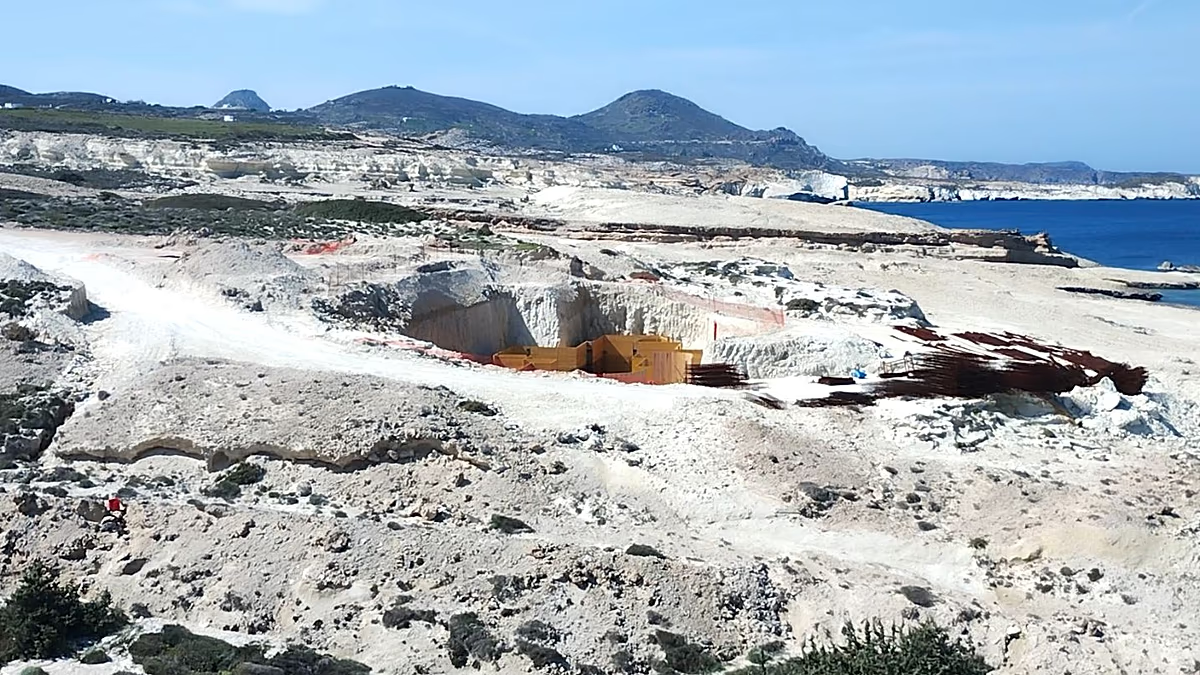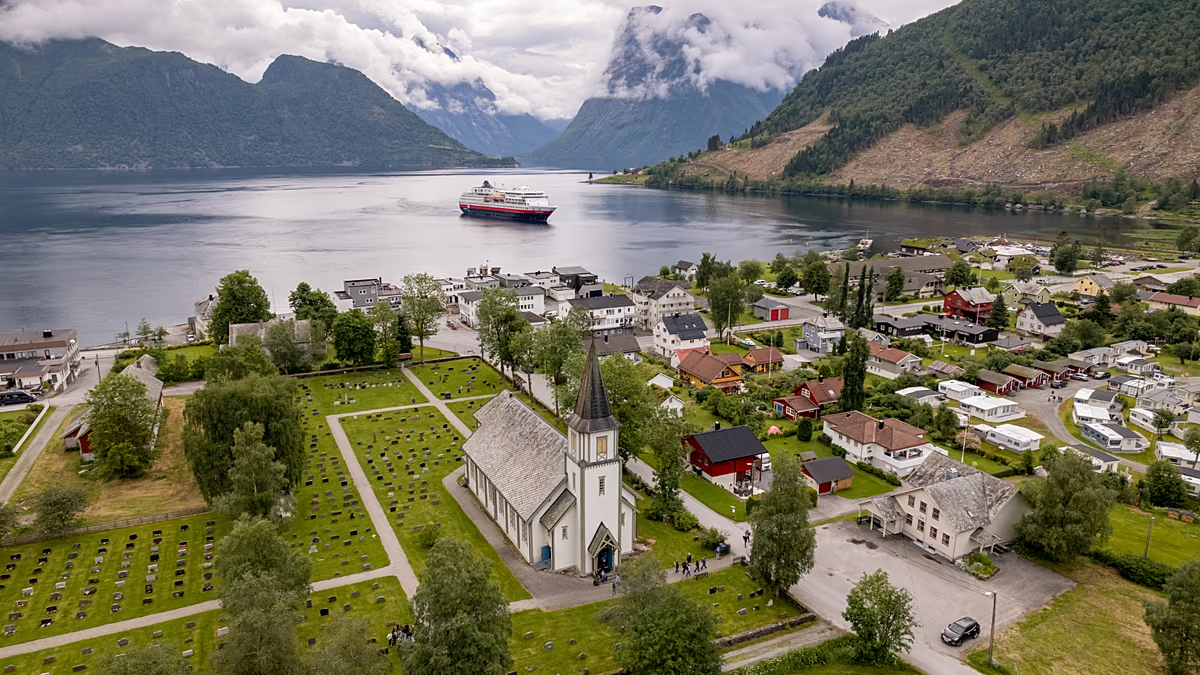Tourism as a Catalyst for Economic Growth in Africa
In a thought-provoking panel discussion at the Global Tourism Forum, leaders from Angola, Mozambique, and Egypt shared their insights on tourism’s transformative potential for African economies. The conversation revealed how tourism has evolved from a peripheral economic activity to a central driver of development across the continent. These nations, each with their unique cultural heritage and natural landscapes, are increasingly recognizing tourism as not just a luxury industry but a fundamental component of their economic diversification strategies. The speakers highlighted how tourism creates ripple effects throughout local economies, stimulating growth in sectors ranging from hospitality and transportation to retail and agriculture. As one Egyptian representative poignantly noted, “When a tourist visits our pyramids, they’re not just seeing a monument; they’re supporting a local tour guide’s family, dining at nearby restaurants, purchasing crafts from local artisans, and staying in hotels that employ hundreds of our citizens.”
The job creation potential of tourism emerged as a particularly compelling theme throughout the discussion. In countries facing significant unemployment challenges, tourism offers a diverse range of employment opportunities across skill levels and educational backgrounds. The Mozambican delegate shared powerful statistics demonstrating how coastal tourism developments had transformed former fishing villages into thriving communities with sustainable year-round employment. Similarly, Angola’s representative described how their post-conflict tourism strategy had created pathways to meaningful employment for young people who previously had limited economic prospects. The human dimension of these jobs extends beyond mere statistics – tourism employment often provides dignity, purpose, and social mobility to workers while preserving cultural traditions through their sharing with visitors. As communities become stakeholders in tourism development, they gain economic agency and the ability to shape their own futures.
Infrastructure investment emerged as the crucial foundation upon which sustainable tourism development must be built. The panelists candidly acknowledged the significant challenges their countries face in this regard, from transportation networks and energy systems to digital connectivity. However, they also shared inspiring examples of how strategic infrastructure investments had unlocked tourism potential in previously inaccessible regions. In Angola, the rehabilitation of historical railways has not only improved mobility but become attractions themselves. Egypt’s representative detailed how airport modernization and highway development had enabled visitors to explore beyond traditional destinations like Cairo and Luxor. The speakers emphasized that such infrastructure doesn’t solely benefit tourists – local communities gain improved quality of life through better roads, reliable electricity, clean water systems, and enhanced telecommunications that accompany tourism development.
The discussion took a particularly interesting turn when addressing the balance between international investment and local ownership in tourism development. All three nations have actively courted foreign investment to accelerate tourism growth, recognizing the need for capital, expertise, and global marketing connections. However, the panelists emphasized their commitment to ensuring these partnerships benefit local economies and communities. Mozambique’s delegate described innovative policies requiring international hotel developments to source a percentage of goods and services locally, creating entrepreneurship opportunities for residents. Angola has implemented training programs to increase local employment in management positions within international hotel chains. The Egyptian representative shared how they’ve encouraged joint ventures between international investors and local businesses, ensuring knowledge transfer and shared prosperity. This nuanced approach recognizes that tourism development must be neither exploitative nor exclusionary but rather a collaborative process that honors local culture and priorities.
Environmental sustainability and cultural preservation were woven throughout the conversation as essential elements of long-term tourism success. The leaders rejected the false dichotomy between development and conservation, instead emphasizing how their tourism strategies increasingly integrate both. Angola’s representative described community-based conservation initiatives where tourism revenues directly fund environmental protection. Mozambique highlighted marine protected areas where sustainable tourism practices support biodiversity conservation while providing economic alternatives to destructive fishing. Egypt’s delegate explained efforts to manage visitor flows at ancient sites to prevent degradation while still allowing cultural exchange. The human dimension of this approach was evident as speakers described how tourism can revitalize cultural traditions at risk of being lost to modernization, creating economic incentives for younger generations to learn traditional crafts, music, and stories from their elders.
Looking toward the future, the panel concluded with a compelling vision of intra-African tourism as the next frontier for growth. While international visitors from Europe, Asia, and North America remain important, the leaders emphasized the untapped potential of African travelers exploring neighboring countries. The Angolan representative shared how simplified visa processes had dramatically increased regional visitors. Mozambique’s delegate described marketing campaigns specifically targeting urban professionals from nearby nations. Egypt highlighted how improved air connectivity within Africa had opened new markets. This shift represents more than just economic opportunity – it embodies a deeper reconnection among African peoples who share historical and cultural ties despite colonial borders. As one speaker eloquently stated, “When Africans travel within Africa, we’re not just tourists; we’re participating in a form of homecoming that strengthens our continental identity.” This vision of tourism as a force for pan-African unity provided a powerful conclusion to a discussion that illuminated tourism’s potential not just as an economic sector but as a catalyst for human development across Africa.








